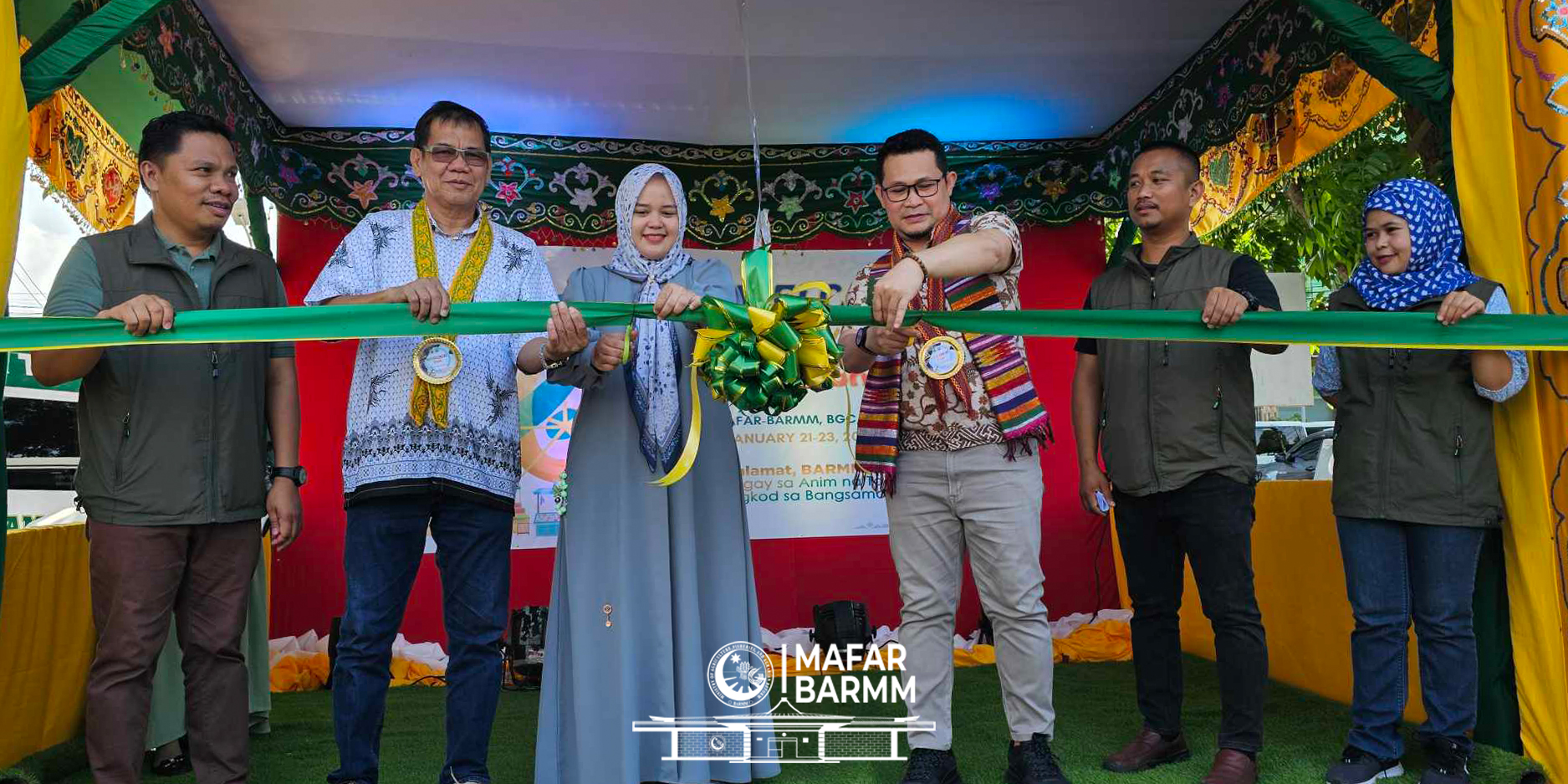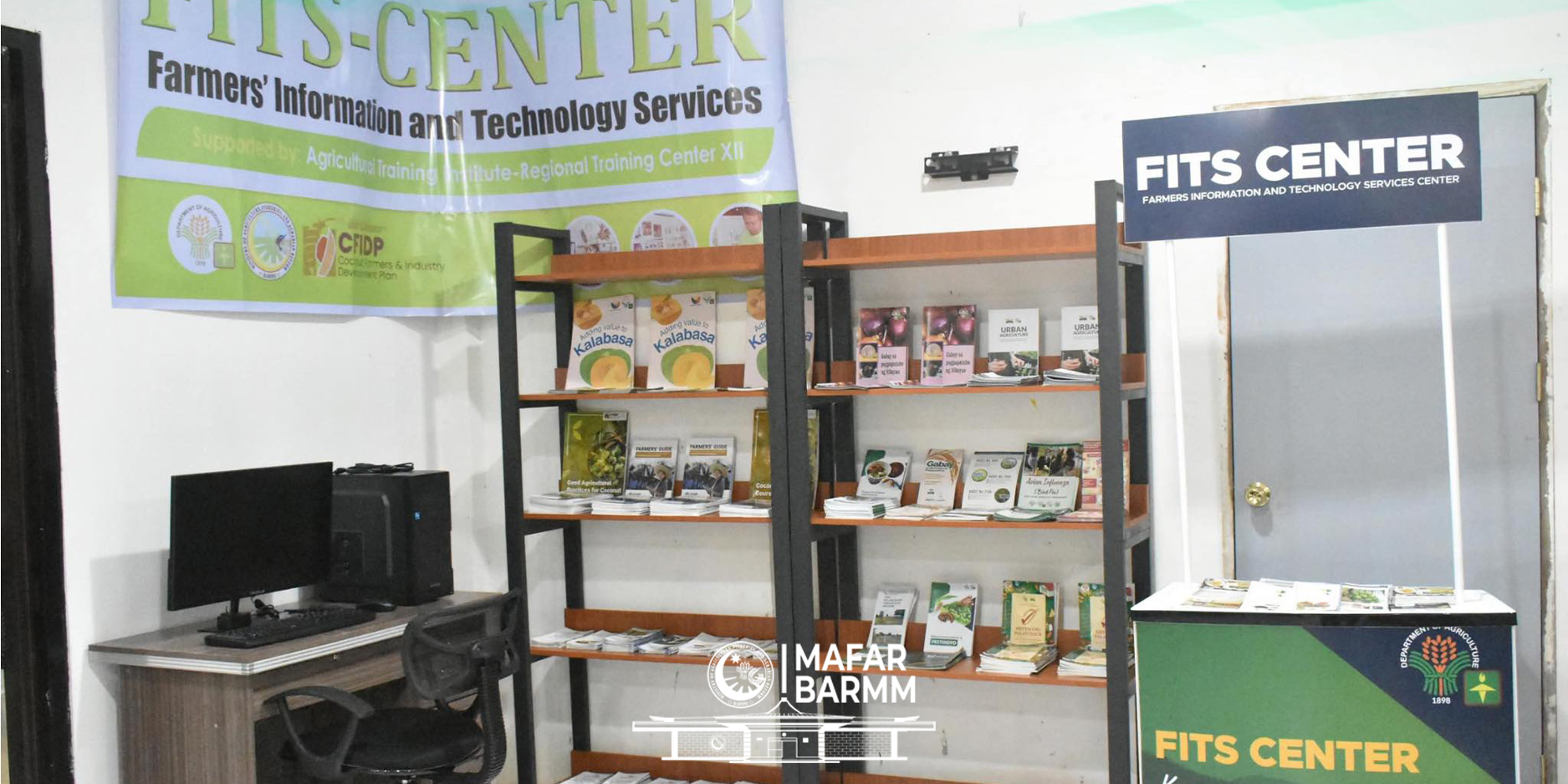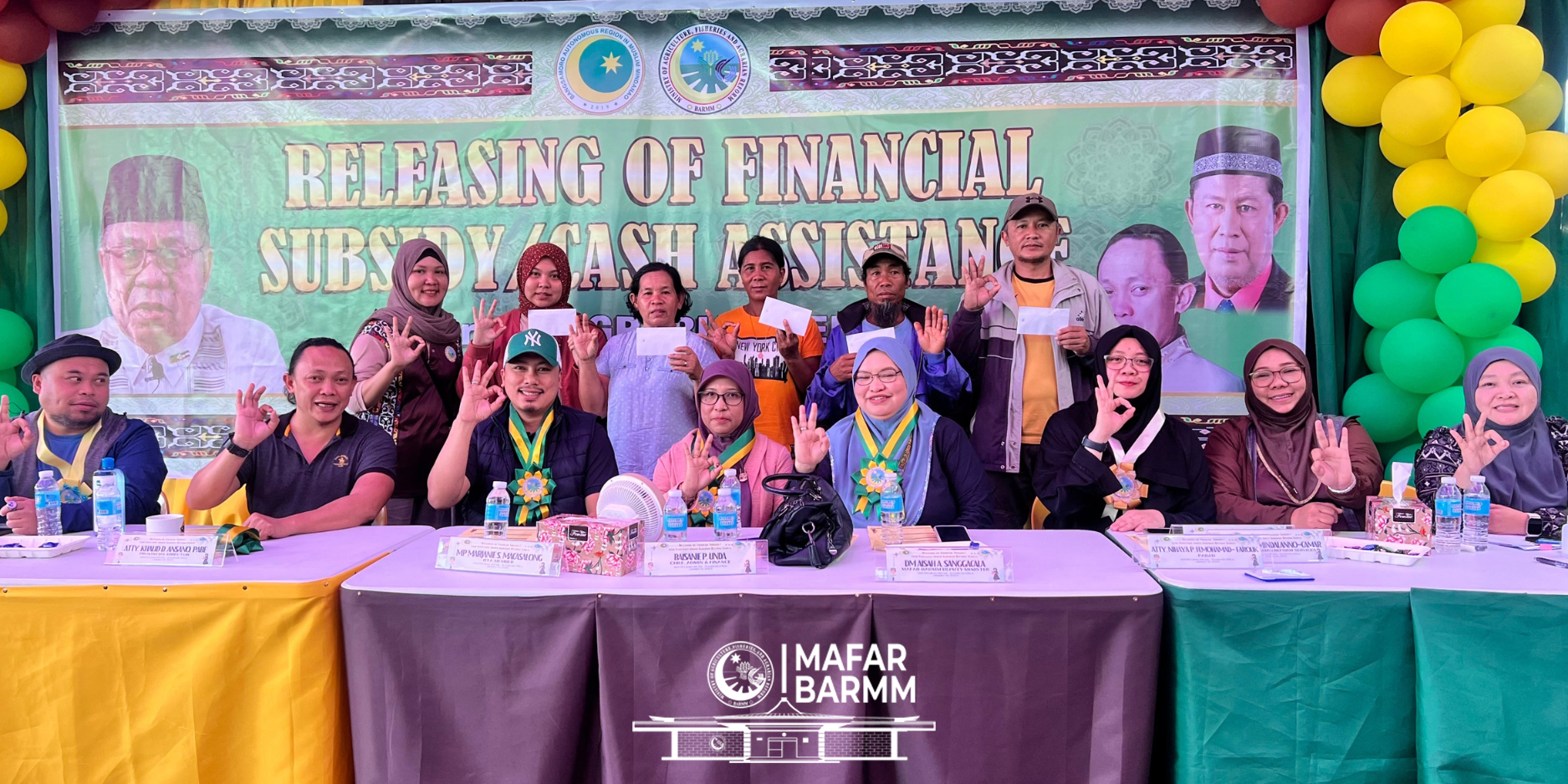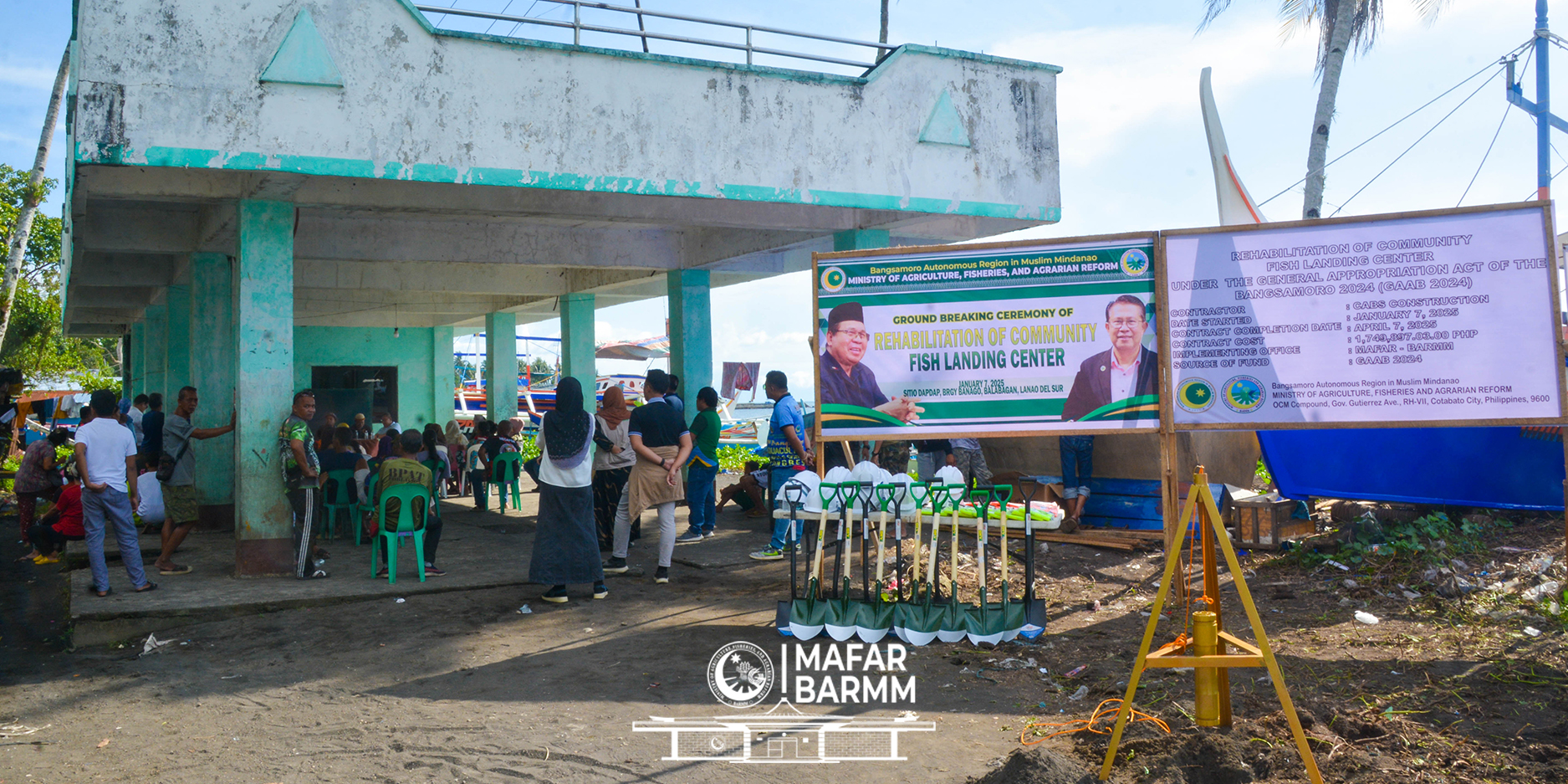The Philippine Rural Development Project (PRDP), represented by the team from PSO Mindanao, RPCO BARMM, organized a stakeholders’ consultation workshop for the development of the hot chili value chain analysis in Tawi-Tawi. Held at Rachel’s Place in Bongao on May 8, 2024, key stakeholders participated in the workshop, including the 11 MAFAR Municipal Officers of Tawi-Tawi, Chili farmers, and processors from different municipalities.
The workshop’s objective was to conduct a comprehensive value chain analysis for hot chili, a vital agricultural commodity in the region. By engaging with stakeholders at every level of the value chain, from production to processing and marketing, the initiative aimed to identify challenges, opportunities, and potential interventions to enhance the competitiveness and sustainability of the hot chili industry in Tawi-Tawi.
The consultation workshop also served as a platform to incorporate the findings of the value chain analysis into the updated Provincial Commodity Investment Plan (PCIP) for Tawi-Tawi and the Commodity Investment Plans (CIPs) for the BARMM region. These plans are essential for guiding investment priorities and obtaining necessary approvals, such as the issuance of a No Objection Letter (NOL) for PRDP projects.
Dr. Aidarus Nami, the Provincial Director of MAFAR Tawi-Tawi, outlined the significance of the hot chili value chain analysis and its implications for the province’s agricultural development.
“It is imperative that we harness the potential of high-value crops such as hot chili. The value chain analysis conducted today provides us with invaluable insights into the dynamics of the hot chili industry, from production challenges faced by farmers to market opportunities for processors. By understanding these dynamics, we can formulate targeted interventions to address existing gaps and unlock the full potential of the hot chili sector.”
The integration of the value chain analysis findings into our investment planning processes, namely the PCIP and CIPs, underscores our commitment to evidence-based decision-making and strategic resource allocation. These plans not only guide the implementation of PRDP projects but also serve as a roadmap for sustainable agricultural development in Tawi-Tawi and the BARMM region.







